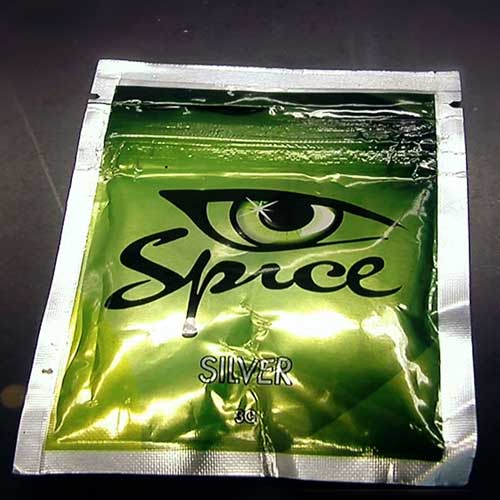After pressure from police, crime commissioners and MPs, the UK government is thinking about reclassifying Spice and other synthetic drugs because of the negative impact these kinds of drugs are having on society.
The Misuse of Drugs independent Advisory Council received an informal request from Ministers to submit a report by July on if they recommend upgrading synthetic cannabinoids to a class A drug from class B.
Spice is classified as synthetic cannabis or “fake weed” by The National Institute on Drug Abuse. The synthetic cannabinoid is especially harmful since it increases the long lasting hazards of developing the psychosis and schizophrenia linked to organic cannabis.
The official drug deaths listed on death certificates resulting from synthetic cannabinoids tripled from 8 to 27 cases from 2015 to 2016 as per the Office for National Statistics. Official data in England and Wales show that the number of deaths resulting from new psychoactive substances was 818 from 2016-2017.
In the UK, it is illegal to supply or produce spice. Users are left in a “zombie-like” state and MPs are requesting that the drug be upgraded to allow the authorities to have more power to deal with its use and distribution.
The government took control of a Birmingham prison in August and it reportedly was infested with synthetic cannabis and other drugs that were believed to cause the deaths of a number of inmates. According to many reports, spice is rife in UK prisons.
Ben Bradley, a Conservative MP, lead a meeting in October of around a dozen MPs from various political backgrounds. An increase in parliamentary discussion time was pledged in an effort to possibly use the National Health Service to fund intervention programs. The MPs also want to increase pressure on the government to go further than just “continue to monitor” the abuse of drugs such as spice. They also want to hold a Westminster Hall debate to highlight the problem. Kevin Foster, a Conservative MP, stated that these are not class B drugs ab they appear and operate more like class A drugs and should be classified as such.
Photo Credit: DEA

